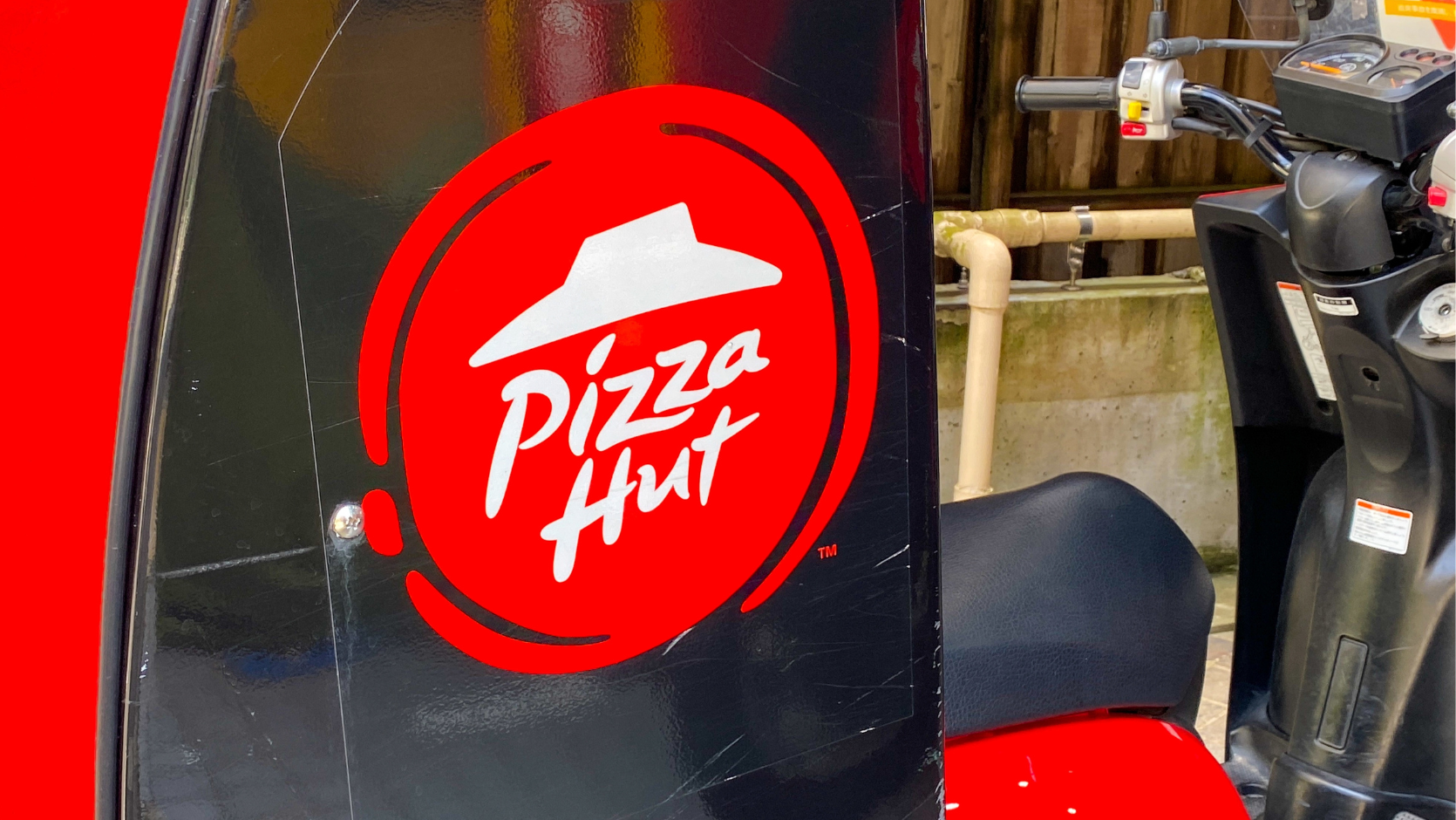The Facts
Pizza franchisor implements nationwide price-cutting strategy
A case heard in the Federal Court in 2016 concerned an allegation by franchisees of a pizza chain of unconscionable conduct on the part of the franchisor.
In 2014, the franchisor of the Pizza Hut system in Australia devised a new “value strategy”, first to reduce the number of pizza ranges on offer from four to two; and secondly, to reduce the price of one range from $9.95 to $4.95 and the other from $11.95 to $8.50.
The strategy was devised in the wake of similar measures introduced by rival pizza chain Dominos, and on the back of several years of declining sales at Pizza Hut.
The franchisor undertook some testing of the value strategy in the ACT market, with promising results, and determined to implement the strategy Australia-wide.
Franchisees were required to adopt the strategy because the franchise agreements they had signed gave the franchisor the discretion to change the product range at their outlets and to set maximum prices.
Franchisees bring class action against pizza franchisor
Unfortunately, the value strategy was a failure. Some Pizza Hut franchisees saw their business collapse and others incurred substantial losses. Consequently, a group of 190 franchisees brought a class action against the franchisor in the Federal Court seeking to recover their losses.
The franchisees claimed that the franchisor had been negligent in its design of the value strategy, had breached the franchise agreement by requiring them to adopt it and had otherwise engaged in conduct that was unconscionable in breach of the Australian Consumer Law.
The franchisor rejected these claims.














Expert commentary on the court's decision
Franchisor’s duty to act in good faith and with reasonable cause
In the case Diab Pty Ltd v YUM! Restaurants Australia Pty Ltd [2016] FCA 43, despite the franchisees making a loss on the sale of pizzas after the price-cutting strategy was implemented, the court found in favour of the franchisor.
In reaching its decision, the court examined the exercise of discretion by the franchisor in setting the new value strategy. The court considered that this discretion was not unfettered and that it could not be exercised arbitrarily, capriciously or unreasonably. Rather, the franchisor had:
Court finds in favour of franchisor due to explicit conditions in franchise agreement
The franchise agreement in this case expressly stated that no profit was guaranteed to franchisees and gave the franchisor the exclusive power to change pricing and products from time to time.
The court found that in exercising its discretion, the franchisor genuinely believed that the marketing campaign would generate profits for the franchisees in the long run and did act properly and in good faith. It was under no contractual obligation to consult with franchisees before exercising the powers.
It was the court’s view that if, in hindsight, the price-cutting strategy was a bad judgment call, that did not, in this case, equate to unconscionable conduct or a breach of contract.
While it was likely that the interests of a franchisor and its franchisees would diverge from time to time, that did not mean that a party had to subordinate its own interests to those of the counterparty.
The franchisees ultimately failed to show that any loss or damage they had suffered occurred because of a breach of contract, breach of duty, or due to the unconscionable conduct of the franchisor. (For more on unconscionable conduct, please see: “It was unconscionable for the casino to exploit my gambling addiction.” Which case won?)
Lessons for anyone contemplating becoming a franchisee
This result may seem unfair to franchisees who had no say in a marketing strategy that resulted in substantial losses for them. However, the court took the view that this was a risk that was part of the commercial bargain accepted by franchisees when they entered into the franchise agreement.
If you are a potential franchisee, this case reinforces the importance of taking the time to understand fully the risks you will be accepting if you enter into a franchise agreement, as well as what the franchisor’s obligations are and what the limits to those obligations are.
Don’t let the excitement of anticipating running your own business eclipse your good judgment.
For anyone contemplating becoming a franchisee, the best time to get legal advice about the franchise agreement is before you sign it. As an unknown wit once said: “Caution is a most valuable asset in fishing, especially if you are the fish.”